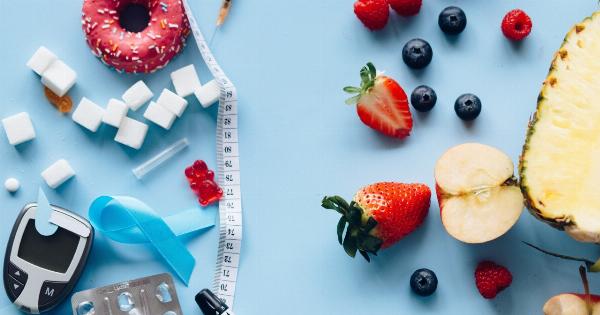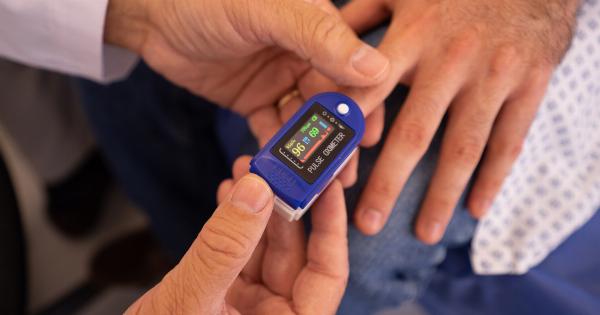Managing diabetes can be a difficult and challenging task. One of the biggest challenges is choosing sweets that won’t cause a spike in blood sugar levels.
It’s important to remember that people with diabetes can still enjoy sweets in moderation, but it’s important to make smart choices.
Understanding Diabetes
Diabetes is a chronic condition that affects how your body uses glucose, a type of sugar found in many foods. When you eat food, your body breaks down carbohydrates into glucose, which is then transported to your cells for energy.
However, people with diabetes have a problem with glucose metabolism. They either don’t produce enough insulin or their body is unable to use insulin effectively, which leads to high levels of glucose in the blood.
The Importance of Monitoring Blood Sugar Levels
People with diabetes need to monitor their blood sugar levels regularly to ensure that their levels stay within a healthy range.
When blood sugar levels are too high, it can damage blood vessels and nerves throughout the body, leading to a number of health problems. When blood sugar levels are too low, it can cause weakness, confusion, and can even lead to seizures and unconsciousness.
Choosing Smart Sweets
When it comes to choosing sweets, there are a few things to keep in mind. The first is portion size. It’s important to enjoy sweets in moderation to avoid a spike in blood sugar levels. The second is the type of sweet.
Some sweets are high in sugar and should be avoided, while others are lower in sugar and can be enjoyed in moderation.
Natural Sweeteners
One option for people with diabetes is to use natural sweeteners. These are sweeteners that are found in nature and are not chemically synthesized. Examples include:.
- Stevia: Stevia is a plant-based sweetener that has zero calories. It is much sweeter than sugar, so you only need to use a small amount.
- Agave nectar: Agave nectar is made from the sap of the agave plant. It is sweeter than sugar, but has a lower glycemic index.
- Honey: Honey is a natural sweetener that has a lower glycemic index than sugar. However, it is still high in calories, so it should be used in moderation.
- Maple syrup: Maple syrup is a natural sweetener that is often used as a pancake syrup. It has a lower glycemic index than sugar, but is still high in calories.
Sugar-Free Sweets
Another option for people with diabetes is to choose sugar-free sweets. These are sweets that are made with sugar substitutes such as:.
- Aspartame: Aspartame is a sugar substitute that is often used in diet sodas and sugar-free gum.
- Sucralose: Sucralose is a sugar substitute that is often used in sugar-free desserts and diet sodas.
- Saccharin: Saccharin is a sugar substitute that is often used in sugar-free products.
While these sugar substitutes are safe for people with diabetes, it’s still important to enjoy sugar-free sweets in moderation. They can still contribute to weight gain if consumed in excess.
Low-Sugar Sweets
Another option for people with diabetes is to choose sweets that are lower in sugar. Some examples of lower-sugar sweets include:.
- Dark chocolate: Dark chocolate is lower in sugar than milk chocolate and has been shown to have health benefits, such as improving heart health.
- Fruit: Fresh fruit is a sweet and healthy snack that is lower in sugar than processed sweets.
- Yogurt: Yogurt is a low-sugar snack that is also high in protein, making it a good choice for people with diabetes.
Conclusion
Choosing sweets can be a challenge for people with diabetes, but it’s important to remember that sweets can still be enjoyed in moderation.
By choosing natural sweeteners, sugar-free sweets, and low-sugar sweets, you can still indulge your sweet tooth without causing a spike in blood sugar levels. Just remember to monitor your blood sugar levels regularly and enjoy sweets in moderation.


























